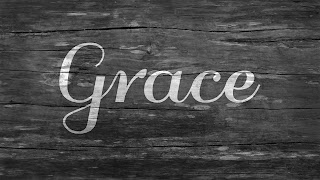Early Methodism was a movement within the Anglican Church,
much as early Christianity was a movement within Judaism. Both movements began
in response to, and gained followers because of, a sensed need for reform in
the larger context. Jesus was dismayed and disappointed by those who claimed to
be God’s followers but who seemed to miss the point of the spiritual life and
of caring for one another. John Wesley also saw a disconnect between these
things among his fellow Christians. Wesley’s method of deepening one’s faith,
walking with Christ, and living as a follower of Christ included small faith
communities called classes, which formed larger communities called societies. The
purpose of a class was to learn and be in community, but also to hold one
another accountable. To study and claim Christianity was not enough; one had to
exemplify the features of a Christian. If they were not able to do this, they
were not allowed to stay within the community. This is because Christianity was
a way of life to Wesley and others within the early Methodist church. Faith
communities were important for the development of all people who sought to
follow Christ, and all were accountable to nurturing one another and living out
their own faith.
The way of Christianity is a rewarding one, but not an easy
one. A life that exemplifies the fingerprint of a Christian is no less relevant
today than it was in Jesus’ or Wesley’s times. It was not easier in their times
either. Humans struggle now…as they did then…with the lure of fitting in and
consumerism, with a sense of entitlement and placing one’s own needs above
those of others, with anxiety, fear, and emptiness, which lead to destructive
behaviors. Like fingerprints, each life of a Christian is unique. We need not
all look and act alike. Yet, there are identifying characteristics, such as
leaning on a God that is bigger than you and all your worries, or giving of
one’s self for others, to name but a couple.
Following Christ is a practice; it is not a one-time
decision. It takes attentiveness. It is humbling when we see our own
shortcomings in comparison to Christ’s life and teachings. But, we are not
meant to do it alone. We are meant to ask for God’s help, and then open
ourselves to receiving that help. We also need the support of a loving and
healthy faith community. How are you helping to support and nurture others in
your faith community…both your smaller group and the larger church? How does
your faith community help you develop as a Christian? How would you describe
your own Christian fingerprint?

